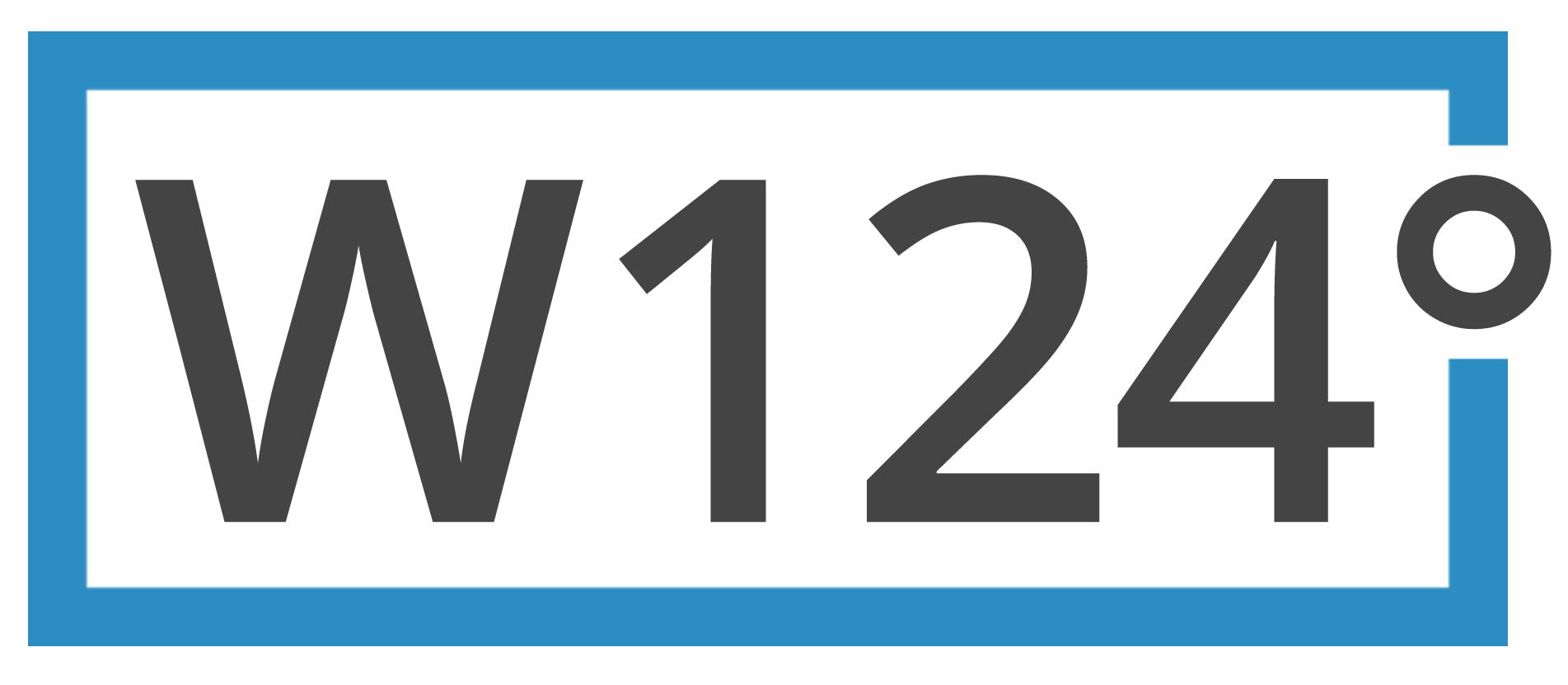
Basic Exercise Physiology Primer
The Basic Exercise Physiology Primer will explore the fundamental concepts and building blocks of exercise and sport physiology. We will examine how the human body responds to exercise, what underlying principles are at play, and the key physiological factors that determine the limitations to exercise tolerance and performance. This seminar is designed so that everybody in your organization is ‘on the same page’ in their basic understanding of exercise physiology.
By the end of this seminar you will have an understanding of:
- The crucial relationship between work done, the energy required to do work, and how this relates to economy of movement.
- Responses to exercise, from power sports (e.g. weight lifting) to endurance sports (e.g. marathon running), and what underlying principles dictate these responses.
- The physiological factors that may limit exercise capacity and the interplay between these factors.
- Physiological thresholds, their importance in exercise tolerance and performance, and how they can be used to understand exercise outcomes.
- The basic principles behind fatigue and recovery.

Understanding Physiological Signals
There are numerous “wearable” devices attempting to quantify physiological or mechanical signals during exercise, after exercise, or in response to training. From steps and heart rate to muscle oxygenation and blood glucose, the usefulness of these data depends on the ultimate knowledge they provide users or athletes. This seminar puts the human at the center (not the device) to describe what physiological responses (or signals) can be measured, are important to be measured, or should be measured to describe and predict exercise responses, fatigue, recovery, performance, and more.
By the end of this seminar you will have an understanding of:
- The concepts behind various physiological and mechanical signals; what these signals mean, how they should be interpreted, when they can/cannot be used, and (most importantly) why they should be used.
- How to use these signals to describe and predict various physiological responses to exercise, fatigue, recovery, training adaptations, exercise tolerance, etc.
- How to critically evaluate the importance and usefulness of various sensor types; depending on the knowledge translated to the user and the context around it’s use.
- How the integration of physiological signals can more powerfully describe and predict exercise related outcomes.

Environmental Physiology
Exposure to heat, cold, or altitude elicits a stress with specific physiological consequences to the human body. The Environmental Physiology seminar will explore these physiological responses, as well as, adaptations occurring from continued exposure environmental “extremes”. Importantly, environmental conditions can have a significant impact on exercise training and performance outcomes. This seminar will explore the underlying physiological principles of combined exercise with heat, cold, or altitude; and the impact on exercise outcomes or performance. In addition, learn how athletes can take advantage of adaptations occurring as a consequence of exercise training in extreme environments.
By the end of this seminar you will have an understanding of:
- The physiological responses to environmental extremes of heat, cold and altitude
- Physiological adaptations (acclimation) to these environmental extremes.
- The fundamental principles behind environmental impact onexercise performance.
- Important measurements and the interpretation of these measures in extreme enviornments.
- How the combination of exercise and environment can impact the adaptations to training.

Foundations of Training
Any training works. Getting off the proverbial (or literal) couch and doing anything will improve fitness and overall performance outcomes. However, there are fundamental principles that will dictate the effectiveness and ultimate impact of any training regime. The Foundations of Training seminar will explore those principles and the theoretical models behind exercise training adaptations. We will examine how to measure training stress, the corresponding strain on the system, and how to describe and predict training adaptations.
By the end of this seminar you will have an understanding of:
- The fundamental training principles for how the human body adapts to the stress imposed on the system.
- Training theory and concepts related to the dose response relationship for adaptation to a training stimulus.
- Methods to identify and quantify training load and how these data can be used to describe and predict training outcomes and performance.
- The specific physiological adaptations (musclular, cardiovascular, metabolic, etc.) to training for power, endurance, or anything in between.

Translating Scientific Insights to Product Innovation
This seminar explores the use of scientific insights to solve problems in the sport product industry. Learn to dissect and truly understand the problem at hand, how to systematically break the problem down, and how you focus the solution on the fundamental performance barriers facing consumers. Learn to use this approach to find solutions with the best chance of impacting costumer performance outcomes.
By the end of this seminar you will have an understanding of:
- A ‘problem to be solved’ based approach, to focus your thinking on the truly important issues faced by consumers.
- How to use fundamental sport science knowledge to define and truly understand the real problem at hand.
- How to break the problem down into the underlying physiological factors that will have the most impact.
- How to focus solutions on the basic scientific principles associated with your problem.
- Establishing an integrated research and development strategy to assure real, measurable impact.

Custom Seminar
W124° can design a custom sport science educational seminar specifically to meet the needs of your organization. We can “pick and choose” from the seminars or modules of other developed seminars (above), or create specific topics and content to deliver the greatest impact for your organization.
Contact W124° for more information about the Education Program or specific seminars.
Please include the seminar of interest and some general information about your organization.
